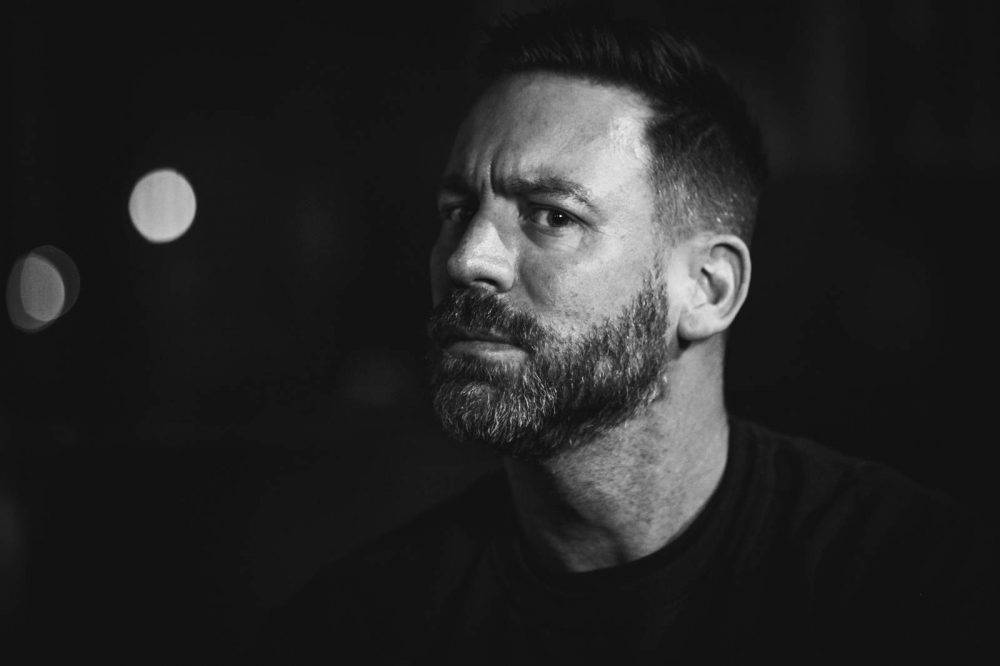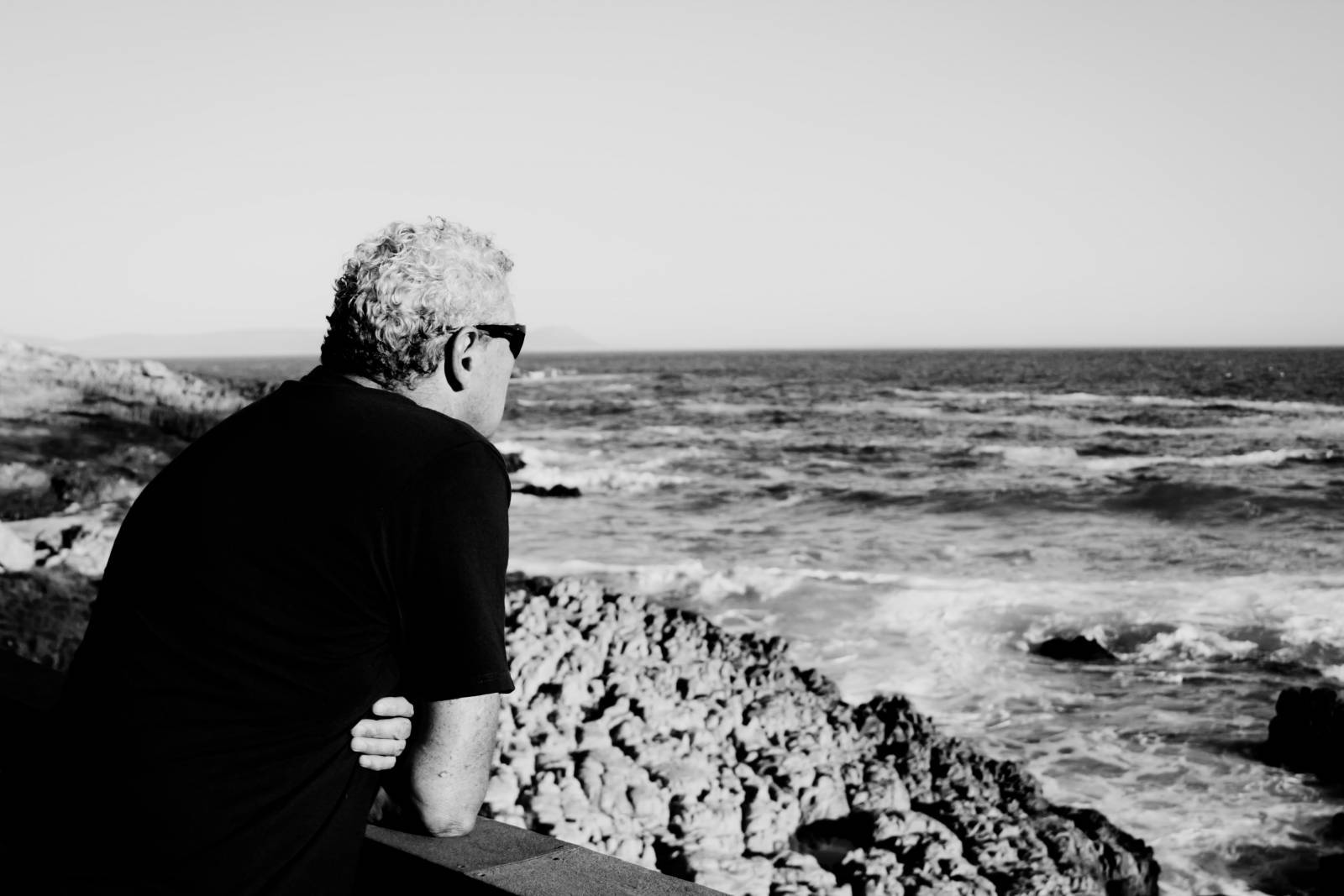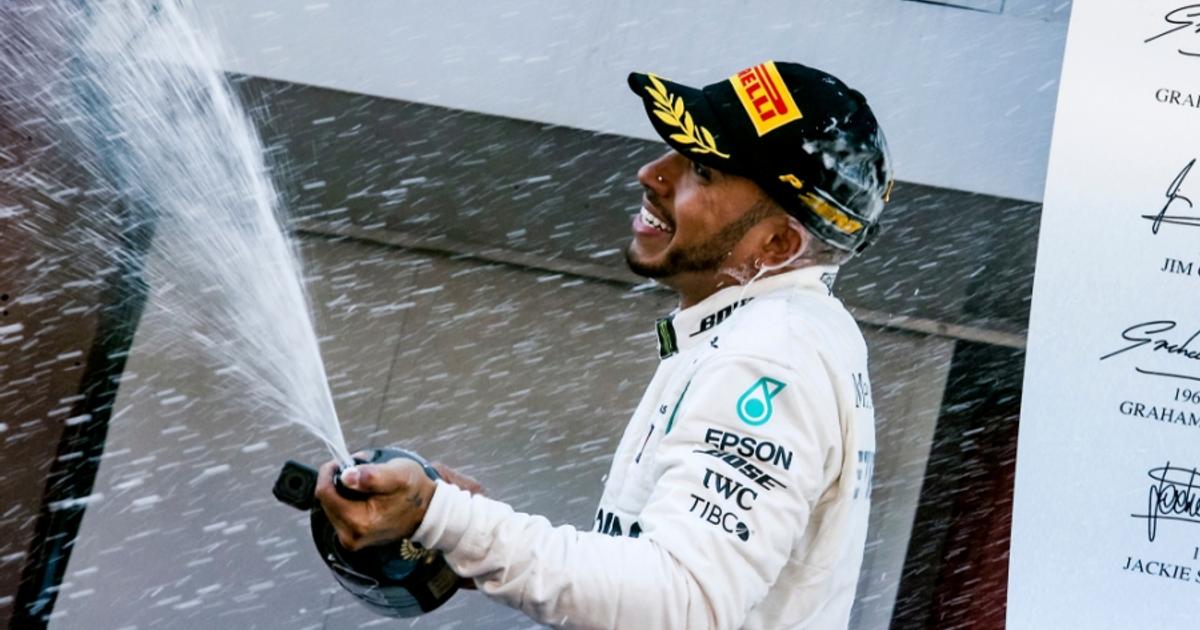South African comedian, Barry Hilton. Photo by Joeline Connellan
Professional comedian Barry Hilton has died hundreds of times. More than 200, for the nitpickers among us.
It is a sweltering spring afternoon in Durban and Hilton is telling me, via Zoom, about his numerous “deaths”.
He is connected to the call from a hotel basement in Johannesburg — where he hopes he will not be disturbed, and where he believes his signal is strongest during load-shedding.
Joining us is Rory Petzer, an award-winning amateur comic originally from Gqeberha, now based in KwaZulu-Natal.
Petzer’s professional adoration for Hilton is not so much written on as etched into his face, as he studies and listens to the veteran funnyman, who has under his belt more than 7000 shows.
“Dying” is comic slang for an epic failure — no laughs, not even a titter — in front of a live audience.
“It happens,” says Hilton of his multiple deaths. “Footballers have a bad day; artists have a bad day … the people who go to work have a bad day.”
Nothing in life maintains a consistent upward trajectory, he shrugs. Grit is mandatory in the profession.
“I’ve told Rory this, when you fail, it’s not to give up. It’s to realise what you made a mistake with and carry on.”
It takes a brave person to stand up in front of a capacity crowd and “bear your soul”, says Hilton. A lot of people in the audience will recognise that.
And then, his eyes dancing, Hilton coos: “I died so badly once I saw John Lennon, Bob Marley and Elvis Presley in the same afternoon.”
Petzer’s head snaps back in laughter.
Hilton is mentoring Petzer, a result of the latter’s relentless “stalking” of the former.
Hilton giggles like a schoolgirl, his shoulders crunch to his jaw, as Petzer relates how “I did stalk him, I’m not gonna lie.”

Petzer is not as philosophical as Hilton about his own deaths. “I thought I was going to give up comedy for life,” he says about one particularly potent fail while doing the opening act for Hilton.
But Hilton was happy to have Petzer back to open again.
“Before the show, we sat on the side [at the venue], and I said [to Hilton], listen bro … please just help me through this.”
Some of the public who experienced Petzer’s epic death were in the audience when he opened for Hilton again. “They said to Barry, ‘is this the oke who was so cocky last time?’”
Hilton ended up telling those critics that Petzer “wouldn’t be so kak this time”.
And he wasn’t, says Petzer. He took Hilton’s advice, slowed down, tweaked his routine and, instead of dying, killed it, garnering a “superb” from Hilton after the set.
“[Because of that] I will be stalking him for years, for a long time,” says Petzer.
His admiration for Hilton rests on many things, but two are pivotal: Hilton “doesn’t use the F-word” or get political, but remains funny. “And that’s why he has been around for 40 years,” says Petzer.
Hilton says some of the best professional advice he ever received was from comedian Johnny Noble: “If you keep it clean, you will always be in the scene. You may not always be on the top, but you won’t stop.”
Hilton, however, readily admits to “arrogance” when he was a new comic “because you think you’re the champion”. His professional longevity has made it easy to spot that trait in swathes of hopefuls, he says.
Developing a personal style and honing it, according to Hilton, is key to enduring in a brutal industry. Any hopeful can copy a comedian, he says, but their career will be short lived. “If you take five to 10 years, develop your persona, your own style, then you’ve got it forever.”
Petzer had developed his own style, and was refining it, said Hilton, who contends that experience has afforded him the ability to discern within minutes who will crack it or not in the comedy world.
“And when I say crack it, it’s not to be a superstar. It’s to be able to sustain yourself and not having to get another job [to support being a comedian]. That’s cracking it.”
A comedian must reinvent him or herself to achieve industry longevity, he says. Keep up with trends but retain your persona.
Far too many new South African comedians try to emulate Trevor Noah, says Hilton, describing the internationally acclaimed wunderkind as “something out of this world, he’s like Lionel Messi” and “a generational talent, probably a multi-generational talent”.
Hilton encourages hopefuls to learn from Noah’s delivery and timing and incorporate that into their personal style, instead of trying to mimic him.
Petzer has “moved away from politics”, but having a day job as a radio producer does mean he often gets “pulled into that space”.
There is always the possibility that being political can alienate a good portion of your audience, he says.
If something politically significant happens, Petzer says he would be tempted to use it. But the better option is to play on things that audience members can relate to, and that are a direct result of politics, such as load-shedding.
Hilton is an advocate of pushing boundaries, but not overstepping, something he encourages Petzer to do.
Depression
Hilton is remarkably open about his emotional battles. “I had a complete breakdown three years ago. Complete,” he says casually, with a heavy Joburg drawl.
That experience has now transmogrified into his Barry Hilton 3D talks — Depression, Dyslexia and DDHA (ADHD to the dyslexic), where his role is that of an inspirational speaker.
Despite what many would consider a remarkable career — he has drawn crowds of thousands overseas and at home — Hilton says he has always “had a terrible lack of self-confidence, since I was small”, the result of a chronic fear of failure.
It culminated in the need to medicate, or sleep was impossible. “It sort of came to a head three or four years ago, and what I didn’t realise was that the sleeping tablets were slowly chipping away at my inner self. I was actually suicidal.
My beautiful wife, Sandy, organised me, put me into a clinic.”
That cleared the way for talking about his depression, says Hilton, and the opportunity to unfurl the humour of it.
“I remember my psychiatrist saying to me, ‘it’s so nice that you understand you have a problem, because most people who come here are in denial’. And my immediate answer to him was, ‘Denial? I’ve been to Egypt twice, bru, let’s get that out the way’.”
He was out of the clinic in eight days, says Hilton, and so began his road to recovery. He has been on daily medication since then “to sort of keep me from going wonky”, but now knows his “triggers”.
“Ninety per cent of the time, I can divert it and do something that makes me feel good. I go for a cycle, I’ll do something else, I go watch my boy play football, that’s how I deal with it.”
That overwhelming fear of failure was for decades overshadowed by his desire to succeed. “Rory will tell you the same. That fear of going on stage, thinking you are going to die, while the other part of you says ‘no, you are going to smash this’.”

The internal fight was consistent, exhausting, and exacerbated by overwork and loneliness — long periods away from his family.
The panic associated with failing — very publicly in front of a live audience — also eats at Petzer’s mind. But standup is like an addiction, he says, and “smashing” it on set is the only cure.
Petzer didn’t know how nervous Hilton got until a performance at Durban’s Barnyard theatre. “We were sitting on the side [of the stage] before the show, and he said ‘sorry I’m talking so much, but I am getting nervous’.”
It was a revelation for Petzer, who thought that with experience, the anxiety would disappear, or at least lessen. But, said Petzer, if Hilton experienced bouts of nervousness, of wanting to throw up before each gig, and still succeeded, it meant that temporary anxiety was good, it was a motivator.
“It’s a terrifying space,” Petzer says of live shows, of having to fill an expectant silence for an hour.
“It’s far better than clocking in every day,” says Hilton. And the money is good, he adds, although it did take him a decade when starting out before the bank would give him a mortgage.
Hilton was an electrician for 10 years, something he “absolutely hated”, he says. Since his breakdown and conquering “that dark, horrible place”, his career has soared again, although he chooses smaller gigs now, which allows him to spend more time with his family.
Hilton is consciously winding down his career, and mentoring has become a natural part of that.
Petzer, despite his palpable ambition and vigour, is still hesitant to take to the stage full time, but as his schedule bloats, he knows the decision will have to be made. It’s a move he wants to make in the next two years, he says, but again, “confidence” remains a problem.
“What if a week later, no one books you? Do I go and ask if I can get my job back and say I was only joking? So, what I find myself doing now, subconsciously, is just booking more and more gigs around the country, and next year I want to do London. Then I can say to myself: ‘Listen Rory. You have done well there, and there, and there. Surely you can keep up with this now?’”
Hilton says that when he decided to turn professional, it took him three years “to be given a gap”. He begged club owners, bands and other comics, but the response was a consistent no until eventually Johnny Noble agreed.
Noble told him he had the makings of a professional, and Hilton resigned from his job the next day. Colleagues said he was “mad”, but he refused to give up. “One person asked me, ‘why do you want to do that? People will laugh at you’. I told him exactly, that’s what I want.”
Hilton recently returned from a week in Qatar and has been asked to perform in Hong Kong. But the long travel and time away from his family nag at him. “I was at the Sydney Opera House about six years ago, there were about 2 500 people in the audience. I did two hours on stage, and all I could think about for the last 20 minutes was what I was going to braai when I got home.”
He phoned his wife after the gig and told her he was done with big shows.
As we wind down the interview, Petzer says there is only one condition attached to Hilton’s mentorship: that Petzer does the same for another comic one day.
And he has already started.
It’s a wonderful feeling, says Hilton, when young comics acknowledge how you have helped them. “And it’s going to happen to you, Rory,” he says with a fatherly nod. And then, eyes suddenly sparkling and giggling, he adds: “but first you have to get funny, because yiss …”
Petzer will be putting Hilton’s advice to the test when he performs his first ever one-man show at The Barnyard theatre, Suncoast, in Durban, on Saturday 14 October.





















Discussion about this post